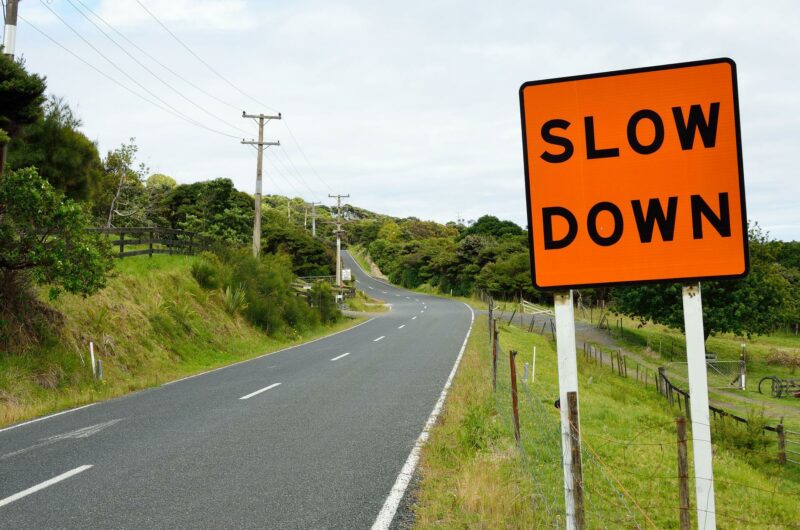
By Marina Falke
The 6th IPCC Report of Working Group 3 was published just about two months ago, on April 4, and stated once more and in further detail the urgency to mitigate climate change. As known, the Intergovernmental Panel on Climate Change (IPCC) consists of politicians and scientist of the United Nation, grouped in three working groups focusing on different aspects of climate change. The third working group specializes in climate change mitigation and presents sources of global emissions as well as developments in emission reduction and mitigation efforts. Despite the great importance of the report’s findings, neither sufficient media coverage nor meaningful political reaction have yet materialized. Why is the gap between climate change’s urgency and action on it still so wide?
Since 1990, when the first IPCC report appeared—followed by various international conferences and political action plans, such as the Kyoto Protocol (1997) or the Paris Agreement (2015)—man-made climate change has been politically accepted as a fact. This indicates that the urgency to act on climate change has been known since. The fact remains, though, that despite local and global efforts, the global CO2 emissions are still increasing and the 1.5°C target stays out of reach; in fact, the actual trend of global warming is expected to reach between 2.2 – 2.9°C. The reasons for these discrepancies – or barriers of mitigation – are complex but interconnected.
Barriers of Mitigation
There are numerous barriers of mitigation at the individual, political and communication levels. At the political level alone there are too many barriers to cover here, thus I will touch upon some.
(1) The “free-rider” problem
Industrialized countries, which are less vulnerable to climate change effects than poorer countries, produce the so-called free-rider-problem. It describes the phenomenon that one actor waits for the others to act before reacting itself. In this context, an industrialized country can benefit from other countries’ mitigation efforts without making its own efforts. Since the international political-economic system is largely based on state sovereignty and competition, this can result in a financial advantage for the powerful countries, while solution efforts are provided by the poorer ones, for example. A famous example of the free-rider-problem was articulated by US President Donald Trump who inversely said, “This [Paris Agreement] is less about the climate and more about other countries gaining a financial advantage over the United States.”
(2) Outsourcing responsibilities
Responsibility and guilt to act is a major problem in climate action. Traditionally wealthier countries, such as in Europe and the United States, have consumed much larger quantities of fossil fuels in the past and have thus been able to consolidate their wealth. Nowadays they have outsourced the more carbon-intensive parts of the production chain to emerging countries such as China and India, allowing them to increase their wealth but also leading them to become the biggest CO2 emitters. This outsourcing leads to blurring the overview of which nation consumes how much CO2, and to hindering CO2 emissions reduction in emerging economies—risking their financial state (e.g. falling back into poverty).
(3) Corruption
Corruption and lobbying by strong interest groups such as fossil fuel companies, can cause a delay in climate mitigation. By strategies such as bribing journalists and politicians or conducting false studies, science has been discredited and misinformation has been spreading. The links between climate denial, fossil fuel interest and conservative think tanks has been a growing research interest in social science (see for example the infamous book Merchants of Doubt by Naomi Oreskes).
(4) No global authority
The Conference of the Parties (COP) and other global meetings are trying to counteract these different problems. However, there is still no global authority that could control and monitor climate protection measures, so there is no obligation to adhere to agreements and principles. Furthermore, the consensus-building process leads to inadequate goals because the agreements are based on the lowest common denominator.
Any hope to overcome these barriers…?
Even if the barriers of mitigation seem overwhelming and irrevocable, there is no reason for fatalism. By understanding these barriers, we can learn to counteract and overcome them. The awareness that we inevitably have to overcome them is growing, and with it – the willingness to pursue politically uncomfortable strategies.
Political action can still be taken. A good example of this is the slow but steady increasing success of the COPs, showing the willingness of most nations to sit down and negotiate Sustainable Development Goals. And most significant is the growing pressure from civilians and climate movements globally, to influence political action.